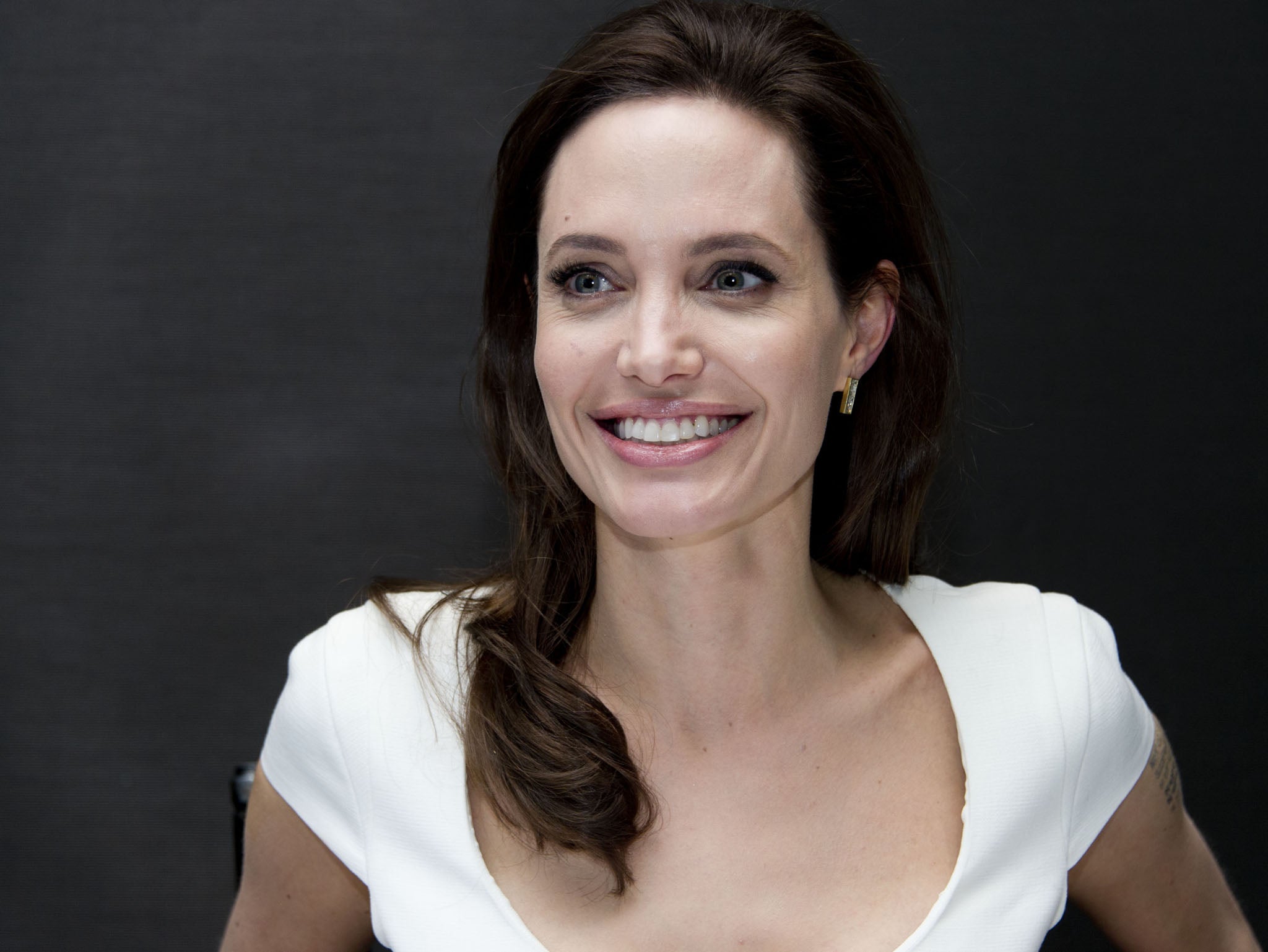When I look at my son I know the trauma of ovarian cancer treatment was worth it
Good on Angelina Jolie for raising awareness of this terrible disease

Your support helps us to tell the story
From reproductive rights to climate change to Big Tech, The Independent is on the ground when the story is developing. Whether it's investigating the financials of Elon Musk's pro-Trump PAC or producing our latest documentary, 'The A Word', which shines a light on the American women fighting for reproductive rights, we know how important it is to parse out the facts from the messaging.
At such a critical moment in US history, we need reporters on the ground. Your donation allows us to keep sending journalists to speak to both sides of the story.
The Independent is trusted by Americans across the entire political spectrum. And unlike many other quality news outlets, we choose not to lock Americans out of our reporting and analysis with paywalls. We believe quality journalism should be available to everyone, paid for by those who can afford it.
Your support makes all the difference.When I heard about Angelina Jolie’s decision to have her ovaries removed, it immediately brought back the feelings I had two years ago when I was diagnosed with ovarian cancer. It was a very traumatic experience, and I can relate to everything she has gone through.
Angelina is such an icon that her story is helping to raise awareness, and that is really important, because cancer can affect any of us.
You can never be prepared for cancer. There is no way of knowing when it could hit you. For me it happened two years ago, soon after I had been on holiday. My right leg suddenly swelled up. At first doctors thought that it was a thrombosis and that set me on a course of being bounced between my GP and the hospital as they tried to work out what was wrong with me.
Then they found I had enlarged lymph nodes, which eventually led to the realisation that I had ovarian cancer. When I heard ‘the big C’ everything else stopped for me. I was so shocked that I was struggling to process everything around me. I just broke down.
The doctors told me that it was stage 3 cancer and it had already spread into all of my lymph nodes and my stomach. I was just getting hit by blow after blow. Then came one of the hardest punches. I was told that I would have to have a full hysterectomy and have my ovaries and womb removed.
I have a teenage son, but I still didn’t know whether I was going to have more children. Now I was being told that the decision was being taken away from me and that a definite line was being drawn through those possible plans. It is a horrible, helpless feeling to have that decision taken away from you.
But then I thought of my son, who was 13 at the time. He was, and is, the most important thing in my life. I realised that the most important thing in the world was being there for him. That is what I am here to do and I was committed to ensuring I would be there for my son no matter what. So I went ahead with the procedure.
My treatment experience was not a good one. I saw firsthand how important it is that medical staff show compassion to people who are going through the emotional and physical trauma of cancer. I was lucky that I had family and friends with me, offering support and ensuring that I wasn’t ignored or overlooked by the rushed and busy staff. It was sad to see patients being alone. You could see how easy it would be to become very isolated.
After getting through the chemotherapy and dealing with losing my hair along with the many other side-effects, I came out of the other side and finished treatment. However it was actually at that moment when I felt more in need of counselling and support. When you are having cancer treatment everything is moving at 100mph and rushing around you. Then, suddenly, you have to just get on with your life. But you aren’t the same. You’re changed by it. I was offered advice by Macmillan Cancer Support and that was a real helping hand.
Talking about my cancer and the experience itself has been really important for me. We need more open discussion to improve the atmosphere around cancer, helping patients with their emotional recovery and also helping more people have the confidence to get checked and diagnosed early.
They say kids are tougher than you expect, and they are not wrong. I went through counselling after my experience and I asked my son if he needed it. But he had already bounced back. He has been amazing, and when I look at him every day it reminds that all the trauma of treatment was worthwhile.
No one should face cancer alone. For support or information on ovarian cancer visit www.macmillan.org.uk or call 0808 808 00 00
Join our commenting forum
Join thought-provoking conversations, follow other Independent readers and see their replies
Comments